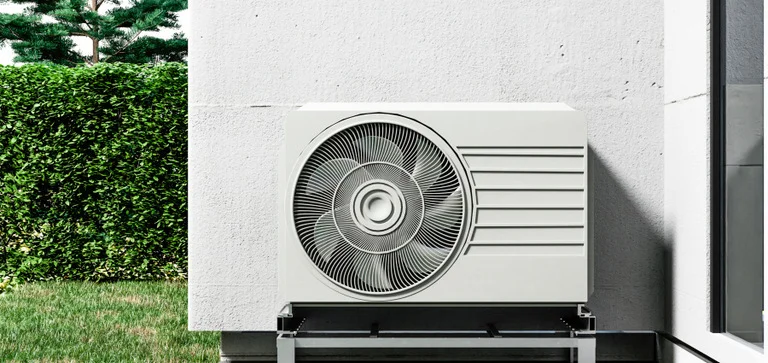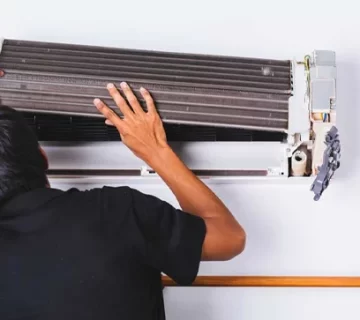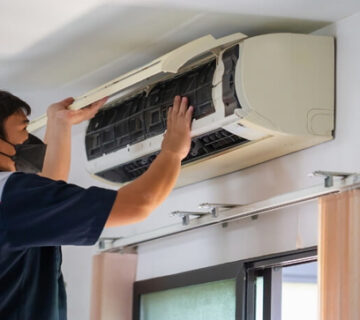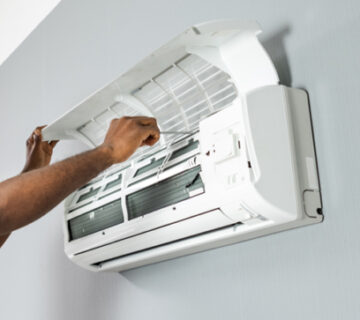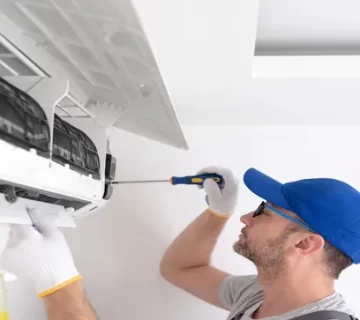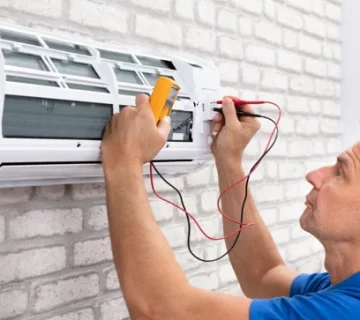In a time when air conditioning is more necessary for comfort due to rising temperatures, it is important to deal with the cooling systems’ impact on the environment. Widespread utilisation of traditional air conditioning greatly increases energy usage, emissions of greenhouse gases, and loss of resources. It is important that we explore effective methods for reducing environmental impact of air conditioning as worries about changing climate grow. This introduction lays foundation for thorough examination of creative thinking, advances technology, and thoughtful consumer decisions taken together can help create an environmental model is more environmentally friendly and durable.
Regarding indoor air quality, AC air filter functions as silent protector and is essential to preserving comfortable and healthy atmosphere. Air filter, an important component of HVAC (Heating, Ventilation, and Air Conditioning) systems, serves as an insulation against contaminants, allergens, and suspended particles, keeping circulated air safe to inhale. In order to maximise the effectiveness of air filters and prevent the build up of dust and other pollutants that can negatively impact air quality and the HVAC system’s overall performance, regular maintenance and timely filter replacement are important procedures. Maintaining air filter not only extends equipment’s life also improves energy efficiency, eventually reducing harm that local air conditioning systems cause to environment.
Here are the How to Reduce the Impact of Air Conditioning on the Environment
1. Energy consumption
All types of air conditioners, from residential window units to big industrial systems, need a lot of electricity to run because the energy needed for cooling increases during busy times of the year, like the summer. This puts a great deal of stress on electrical systems and increases the release of greenhouse gases from the production of electricity. This leads to an increase of the climate change cycle.
2. Energy-efficient cooling technologies
The good news is that in order to overcome these environmental issues, technology is constantly changing. Heat pumps and inverter air conditioners, which use significantly less energy than their predecessors, are standard equipment in modern air conditioning systems. These systems have the ability to function intelligently and can modify their cooling production in accordance with the actual cooling requirements. This will reduce the amount of energy you use overall and the environmental mark that comes with using air conditioning.
3. Proper air conditioning usage
Efficiency is not only about the kind of air conditioner you choose; proper usage of the machine is essential to reducing its adverse impact on the environment. Once you can use these suggested procedures, your air conditioner will operate more efficiently and leave less of an environmental impact.
4. Temperature settings
Your thermostat can dramatically save energy use if you can set it to a pleasant, moderate setting. It is a truth that the thermostat uses more energy the lower it is set, so striking a balance between comfort and efficiency is important.
5. Regular maintenance
Making sure your air conditioner is properly maintained is important. By doing this, energy waste will be decreased and system efficiency will be maximised. Frequent inspections are also helpful in spotting problems early on, including fixing refrigerant leaks. This may lessen the amount of dangerous chemicals that are released into the atmosphere.
6. Insulation improvements
In order to keep cooled air from escaping, your home must have enough thermal insulation. Without sufficient insulation, your air conditioner has to work twice as hard to maintain the desired temperature. If that were the case, this procedure would need the use of more energy.
Conclusion
A future that is environmentally friendly depends on reducing the negative effects of air conditioning on the environment. Through the implementation of a combination of technology innovations, modifications in behaviour, and laws and regulations, we can significantly reduce the ecological footprint associated with cooling systems. Embracing energy-efficient technologies, promoting proper maintenance practices, and investing in alternative cooling solutions are essential steps. Additionally, raising awareness and encouraging responsible consumer behaviour can contribute to a collective effort in minimizing the environmental consequences of air conditioning. As we strive to balance our comfort with environmental responsibility, a concerted and collaborative approach is imperative to ensure a healthier planet for future generations.

